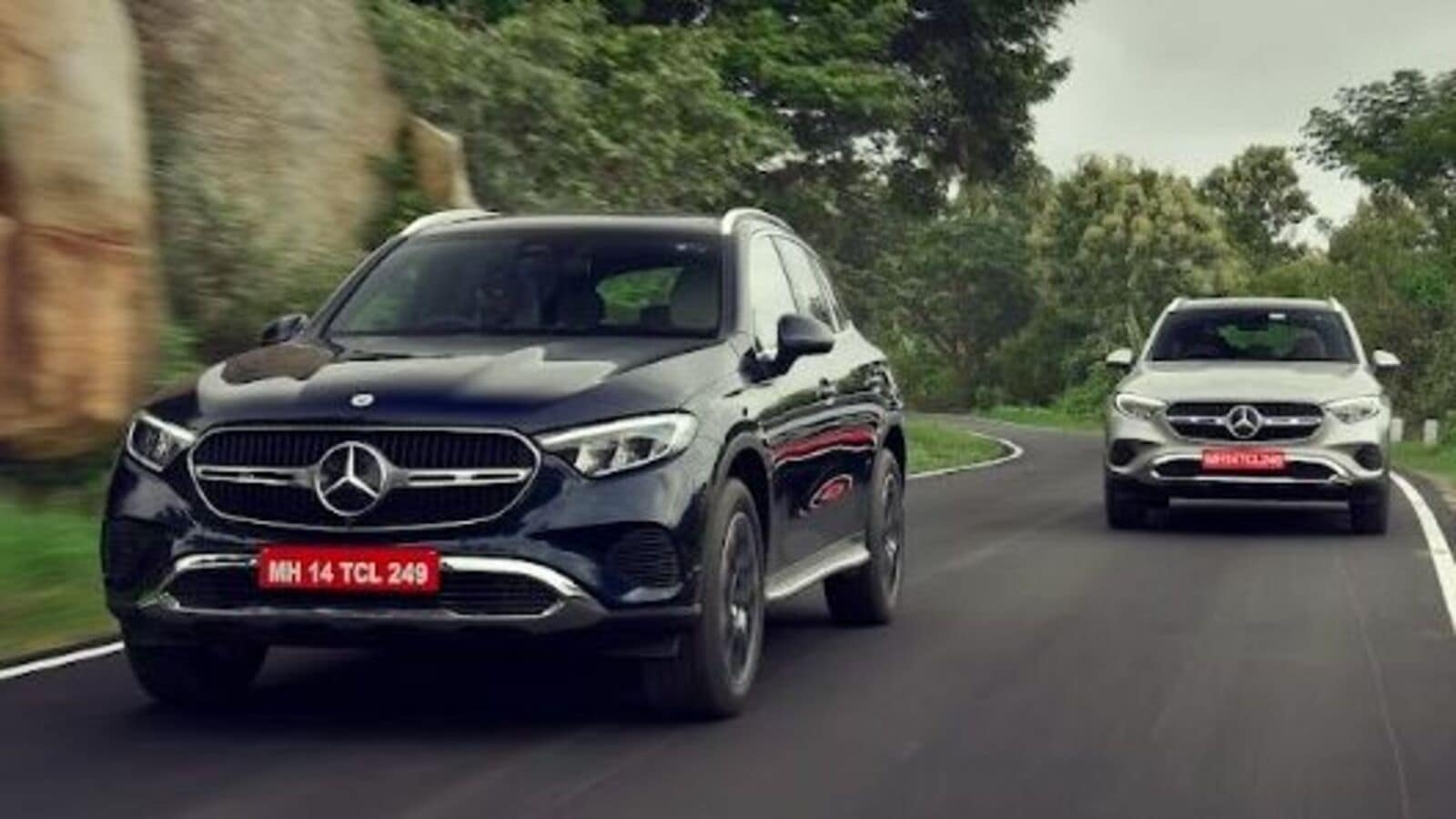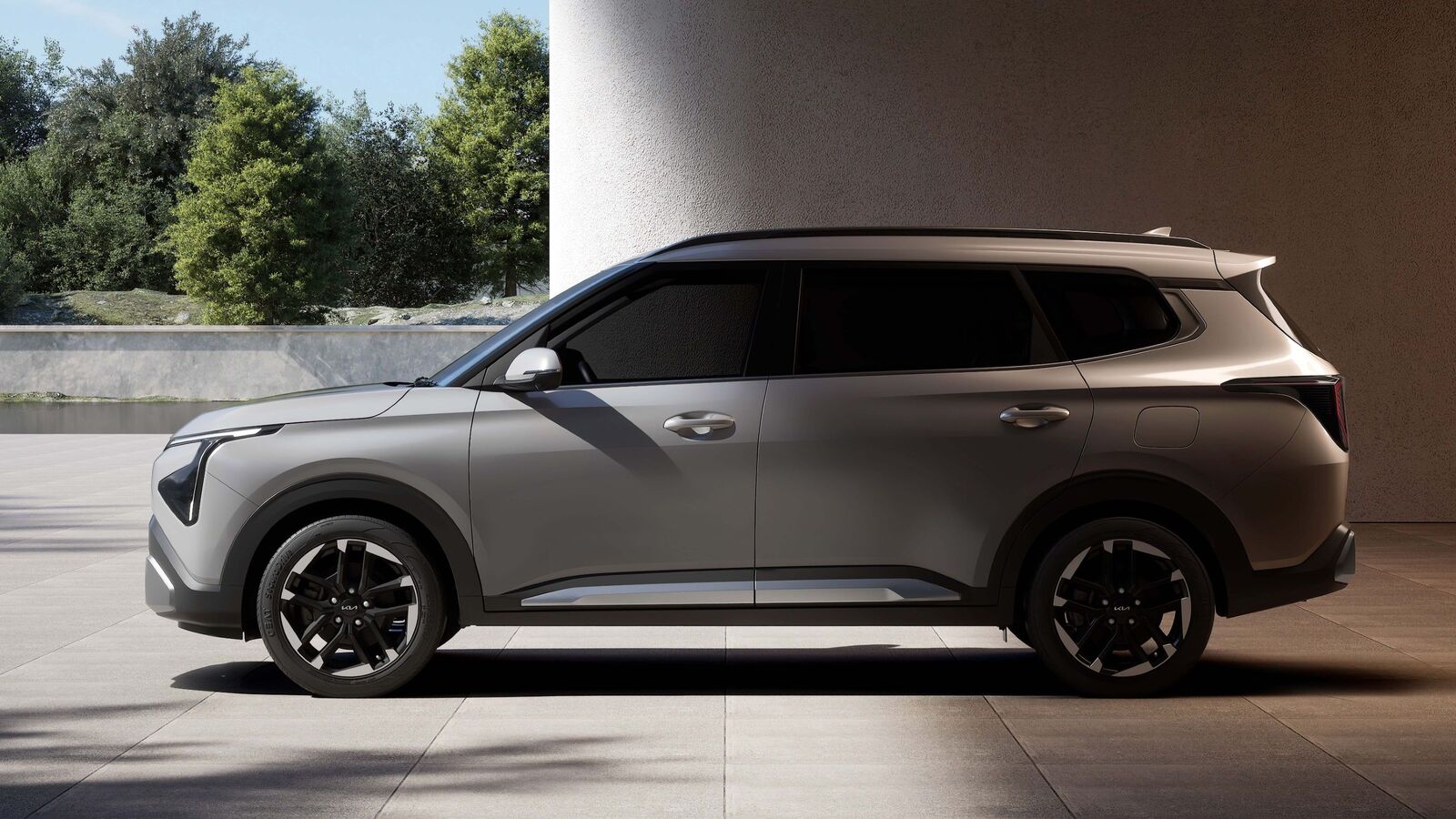07 February 2025

The EU has not ruled out plug-in hybrid (PHEV) sales after 2035. The Nissan-Honda merger appears to be in trouble. Carmakers continue to make electrification plans. Tom Geggus, Autovista24 editor, discusses this week’s major automotive stories.
What is the future of PHEVs past 2035 and will e-fuels play a role? As merger talks take a turn, who could Nissan partner with? Which carmakers announced electrification plans this week?
The sentiment in Germany’s automotive industry has reached a new low. Poland introduced a new electric vehicle (EV) subsidy program. Stellantis strengthened its AI collaboration and France laid the groundwork for inductive charging trials.
Subscribe to the Autovista24 podcast and listen to previous episodes on Spotify, Apple and Amazon Music.
Could PHEV sales continue?
PHEVs may have a future in the EU’s car parc. Current negotiations in Brussels have not yet ruled out sales of the powertrain after 2035, as reported by Der Spiegel and electrive.
This follows the commission’s launch of a strategic dialogue with the automotive sector at the end of January. The discussions aim to address some of the biggest challenges currently facing the automotive industry.
‘As part of the dialogue, we will identify immediate solutions to safeguard the industry’s capacity to invest, by looking at possible flexibilities to make sure our industry remains competitive, without lowering the overall ambition of the 2025 targets,’ the European Commission stated in a strategy paper.
‘Moreover, reaching the 2035 climate neutrality target for cars will require a technology-neutral approach, in which e-fuels have a role to play through a targeted amendment of the regulation as part of the foreseen review,’ the paper outlined.
Meanwhile, Mercedes-Benz CEO and ACEA president Ola Källenius reiterated the EU’s commitment to the zero-emission mobility transition. ‘The only way for this transition to succeed is to make it a market and demand-driven transformation. The upcoming action plan must be built on this premise,’ highlighted Källenius.
The EU’s transport commissioner Apostolos Tzitzikostas will present an action plan for the sector on 5 March.
Nissan-Honda merger
Merger talks between Nissan and Honda appear to be over, according to reports from Reuters, the Financial Times (FT) and The Guardian.
A majority of Nissan’s board reportedly rejected an offer from Honda to become a fully owned subsidiary. This offer was a departure from the original plans for a joint holding company.
Nissan is now looking elsewhere for a partner. This search could include technology companies, such as Foxconn.
VW’s new BEV
Volkswagen (VW) gave its employees in Wolfsburg a glimpse of its upcoming, entry-level battery-electric vehicle (BEV). The all-electric model will have a base price of around €20,000.
The car will be part of the new electric small car family, developed within Volkswagen Group. This will include compact BEVs based on the latest evolution of the modular electric drive (MEB) platform.
The first new BEV will be the production version of the ID.2all show car. It will reach dealerships in 2026 as VW’s first small BEV with a base price of less than €25,000.
Meanwhile, Ferrari confirmed it would unveil its first EV in early October, as reported by the FT. In an earnings call, Ferrari chief executive Benedetto Vigna said the model’s performance, driving and style would be unique.
Aston Martin shared its electrification plans this week too. CEO Adrian Hallmark said the carmaker’s first EV will arrive this decade. Hybrid derivatives will also be added through to 2035, as reported by Autocar.
Crisis continues for German carmakers
The sentiment in Germany’s automotive industry hit a new low in January, according to the ifo Institute. The sector apparently sees competitiveness as its biggest concern.
‘The automotive industry is stuck in crisis. In particular, it sees its competitive position in serious danger,’ outlined ifo industry expert Anita Wölfl.
Last month, companies assessed their position in foreign markets as lower than ever before. Furthermore, they have also lost significant ground in the German market.
‘Strong competition from China, Trump’s threats to impose tariffs on US imports from the EU in the near future, and strain at home are putting considerable pressure on the German automotive industry,’ Wölfl added.
Germany’s new-car registration figures fell by 2.8% year on year in January, with 207,640 units. This was despite a 53.5% boom in BEV deliveries compared to 12 months ago.
Poland launches EV incentives
The Polish government has launched a new subsidy programme for EV purchases. Only new electric passenger cars are eligible for support. However, their price tag must not exceed 225,000 Polish zloty (€53,632).
The base subsidy per car is 18,750 zloty. An additional 10,000 zloty is available for those people scrapping an old internal-combustion engine-powered car. Furthermore, individuals with an annual income of less than 135,000 zloty can receive a further 11,250 zloty. In total, 1.6 billion Polish zloty has been assigned to fund the scheme.
Connected driving
Elsewhere, Stellantis confirmed it is deepening its ties with artificial intelligence company mistral AI. The latest collaborative project is an in-car assistant designed to provide real-time, conversational support to drivers.
Users will be able to ask the assistant about vehicle features, troubleshooting, or warning indicators. The two companies are also deploying AI outside of the car in areas such as manufacturing and databases.
Lastly, France is trailing inductive charging on a stretch of motorway. Vinci Autoroutes is installing inductive coil springs under the road on a section of the A10 near Paris. The project is testing the technology with four vehicles equipped with receiver coils. These vehicles will hit the road in real traffic conditions after installation work is completed around the end of April.





